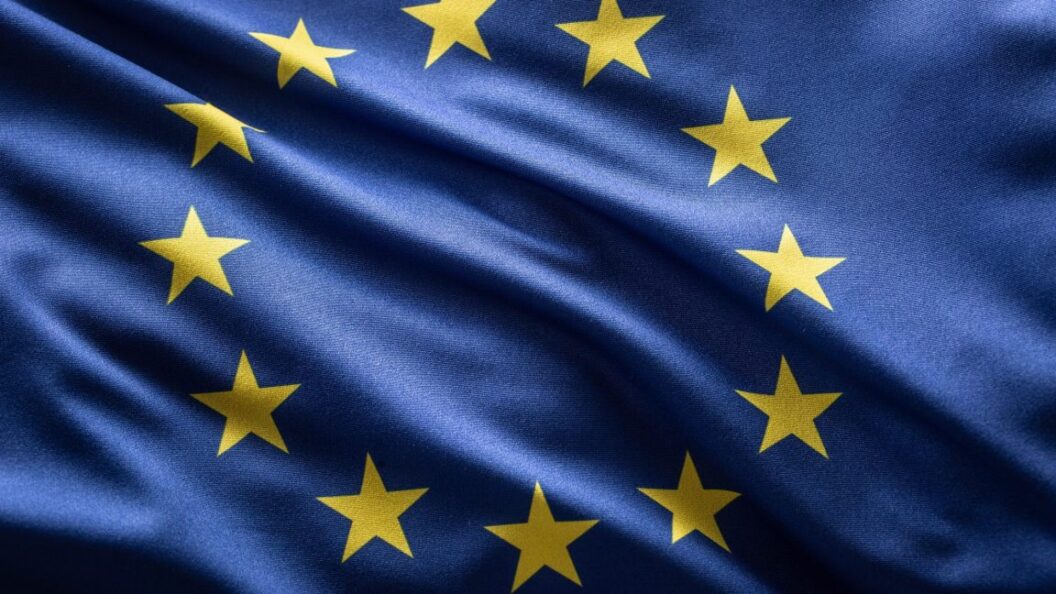European Commission Takes Action Against Apple and Meta Over App Store and Data Management Practices
The European Commission (EC) has imposed fines on tech giants Apple and Meta for breaching EU regulations regarding their App Store practices and data management policies. The decision highlights ongoing concerns about the monopolistic behavior of major technology firms and their treatment of consumers and developers alike. The fines—$570 million for Apple and $228 million for Meta—signify the EC’s intention to enforce compliance with the Digital Markets Act (DMA) and protect user rights across Europe.
Apple’s App Store Restrictions
The EC’s scrutiny of Apple’s App Store revolves around allegations that the company imposes unfair restrictions on app developers, limiting their ability to inform customers about alternative purchasing options. According to the Commission, these restrictions prevent developers from benefitting fully from other distribution channels outside Apple’s ecosystem. As a result, consumers might miss out on cheaper offers available elsewhere.
Reportedly, Apple "failed to demonstrate that these restrictions are objectively necessary and proportionate," prompting the EC to order the tech giant to eliminate the technical and commercial barriers that hinder developers’ communication with potential customers. In response to the ruling, EC representative Ribera stated that the organization had taken a "firm but balanced enforcement action" against the two companies, adhering to "clear and predictable rules."
This enforcement underscores the EC’s goal to foster a competitive digital market landscape, enabling developers to thrive and consumers to exercise informed choices.
Meta’s Advertising Model Under the Microscope
Meta, the parent company of Facebook and Instagram, is also facing the repercussions of its business practices. The EC has taken issue with Meta’s data management framework, particularly regarding user consent for personal data combination across its platforms. Under the DMA, companies are required to seek consent explicitly from users for integrating their personal data. If users do not consent, they must still have access to a less personalized—yet equivalent—alternative service.
In November 2023, Meta rolled out a "Consent or Pay" advertising model, which offered users a choice: they could either consent to their data being used for personalized advertisements or opt for a subscription model that would provide an ad-free experience. However, the EC criticized this approach, indicating that it does not align with the regulatory requirements for user consent. The regulatory body is emphasizing user autonomy and the need for genuine choices, rather than alternatives that still rely on data monetization.
Implications of the Rulings
The fines placed upon Apple and Meta serve as a clear message concerning the need for meticulous adherence to EU regulations. The significant penalties, albeit labeled "modest" given the companies’ vast revenues, reflect the EC’s strategy of addressing compliance through targeted enforcement rather than overwhelming sanctions. This can be seen as a measured approach to encourage reform without inciting significant backlash from the corporations involved.
These actions could have broader implications, as the tech industry grapples with ongoing discussions about user data protection, competitive fairness, and the rights of consumers. These measures may prompt other tech companies to reassess their own practices in light of potential regulatory scrutiny. Furthermore, the rulings could create a more level playing field for entrepreneurs who have traditionally struggled against the dominance of major platforms.
Conclusion: Significance of the EC’s Enforcement Actions
The EC’s recent decisions against Apple and Meta underscore the increasing vigilance of regulatory bodies concerning monopolistic practices in the tech sector. By imposing fines and enforcing compliance with regulatory standards, the EC is not only protecting consumers and developers but also setting a precedent for future governance in digital markets. As technology continues to evolve, the significance of these rulings lies not only in the immediate financial impact on the companies involved but also in the long-term effects they may have on industry practices and consumer rights across Europe. The ongoing regulatory developments in this space will likely influence how tech companies operate, moving forward.









